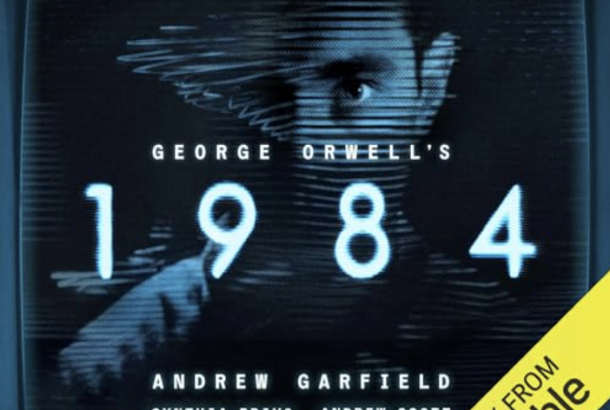Literary landmarks: Five of Manchester’s best books

Oranges Are Not The Only Fruit by Jeanette Winterson
Kicking the list off is Jeanette Winterson’s semi-autobiographical novel, Oranges Are Not The Only Fruit. Winterson was not only born in Manchester, but she is currently a professor of creative writing at the UoM!
Oranges Are Not The Only Fruit is based on Winterson’s childhood and tells the story of a young girl adopted into a highly religious household who, as she grows into her teenage years, finds herself attracted to another girl. It is an incredible coming-of-age story. It’s especially good for little moments of homesickness or nervousness which naturally come with the move to university.
Weaving together religion and sexuality, it is without a doubt a modern classic.
A Clockwork Orange by Anthony Burgess
Although made famous by the Stanley Kubrick film, Anthony Burgess’ novel is a truly harrowing work of art. Burgess was born and educated in Manchester, having attended Xaverian College and Manchester University itself. There’s now a plaque remembering him on the outside of the Samuel Alexander building!
His tale of ultra-violent youths in a near future dystopia is as good as it is terrifying. Touching on many fascinating ideas, from free will to gang mentality, it’s a true tour de force. If you’re looking for gripping, gritty and horrifying yet humorous read, Burgess’ novel is the perfect place to look. Be warned, however, as it does touch on many themes that carry strong trigger warnings and could be distressing for some readers.
The Condition of the Working Classes in England by Friedrich Engels
Perhaps not the most glamorous portrayal of Manchester, but a massively important one that marks Manchester as one of the most important world cities over the past 200 years. Engels’ comments on the industrial revolution were drawn from his 1842-1844 stay in Manchester.
The book was read by Karl Marx upon his second meeting with Engels, who was mightily impressed by it. Marx and Engels actually met and studied at Manchester’s Chetham’s Library.
If non-fiction is much more your scene, this is definitely a must-read. A massively important feature of the canon of political literature and a literary reminder of Manchester’s incredible position at the forefront of the world’s industrial revolution.
North and South by Elizabeth Gaskell
Continuing on the theme of Manchester’s role in the industrial revolution, Elizabeth Gaskell’s social novel is one of her most famous. It tells the story of a southern woman who comes and settles in the north in the fictional town of Milton (based on Manchester itself). It portrays the hardships of the Industrial Revolution, particularly the relations between the rich employers and the poorer employees.
Gaskell’s protagonist becomes a supporter of the poor, allowing the book to become a fascinating exploration of the industrial revolution on a personal level. Gaskell herself is intertwined with Manchester in so many ways: her house (which you can visit) is a five-minute walk from the University, her husband was the longest serving chair of the Portico Library in the city centre and she is buried in Knutsford, just outside Manchester.
Gaskell is also a hugely interesting literary figure and definitely worth a Google to see how she relates to everything from pet cows to Charles Dickens and John Ruskin.
A Taste of Honey by Shelagh Delaney
Mixing it up a bit, Shelagh Delaney’s play cannot be recommended highly enough. Set in Salford, ‘A Taste of Honey’ follows 17-year-old Jo as she navigates life’s tribulations, most notably her strained relationship with her vulgar mother. It’s the perfect example of an ‘angry young man’ play as it showcases the protagonist’s anger and disillusionment with the state of modern society.
Delaney’s inextricable connection to Salford also informed how she presents her characters; she wanted to combat the conventional stereotype of northerners as ‘gormless’, attempting to shift the London-centric views that informed both theatre and society.
Furthermore, Delaney questions the state of 1950s Britain and its relation to race, class, sexuality and gender. It is a play that embodies not just Manchester at a certain period, but Britain as a whole.







